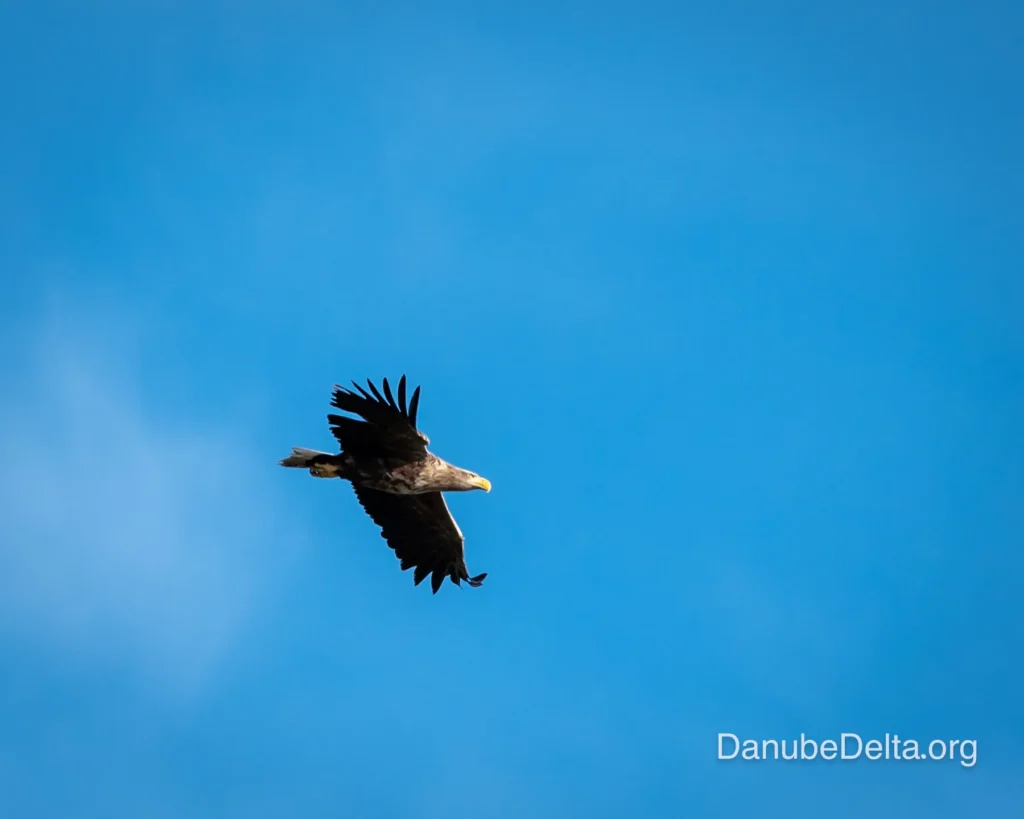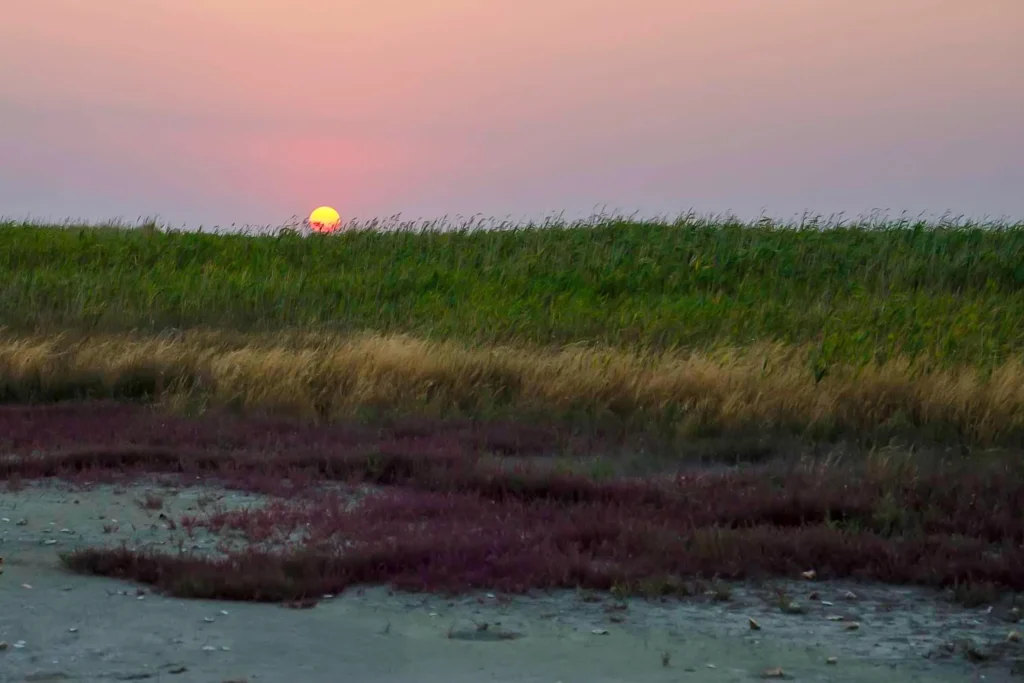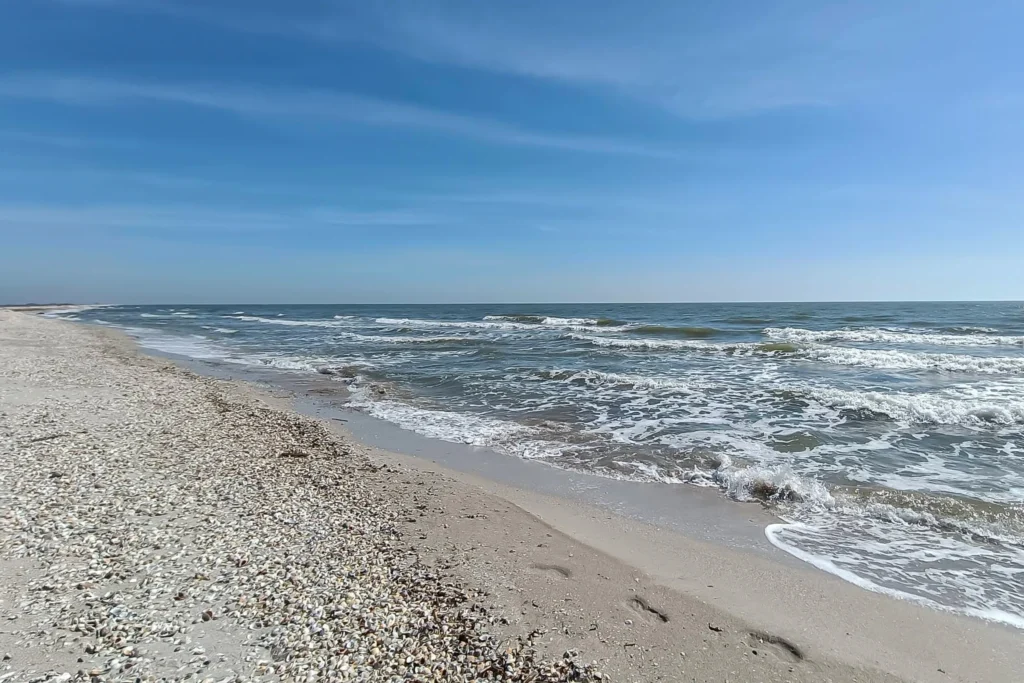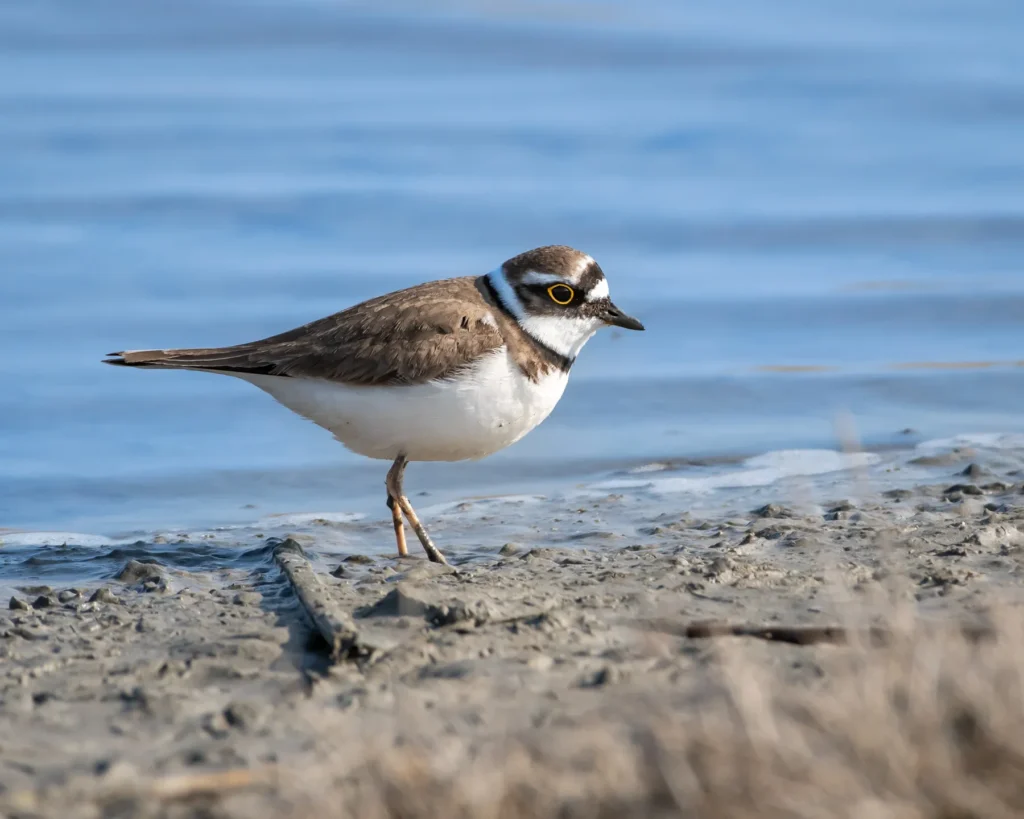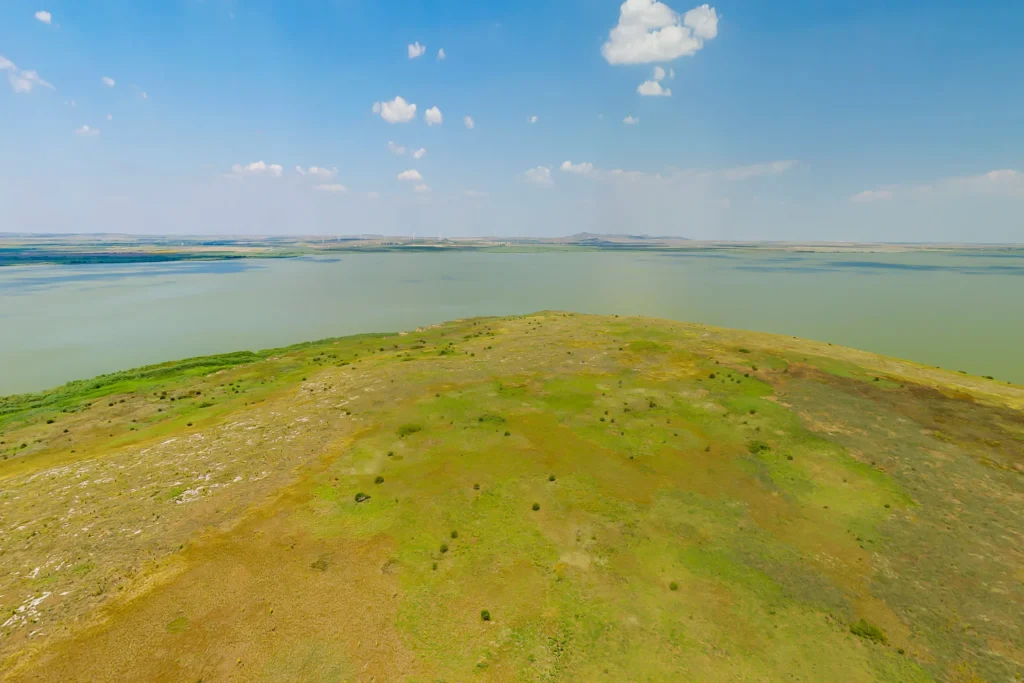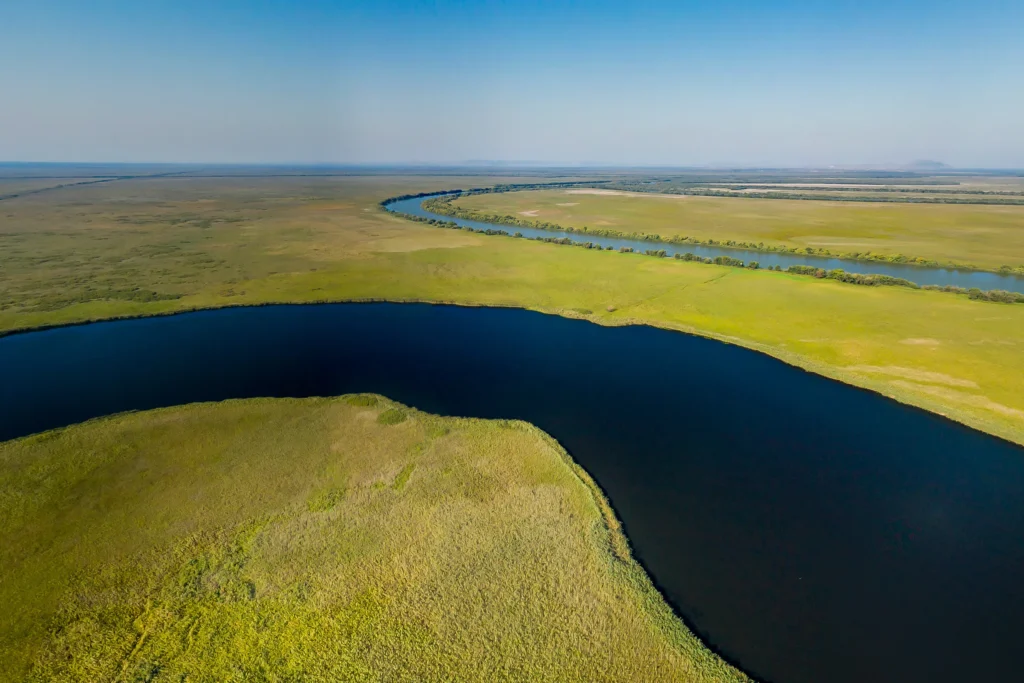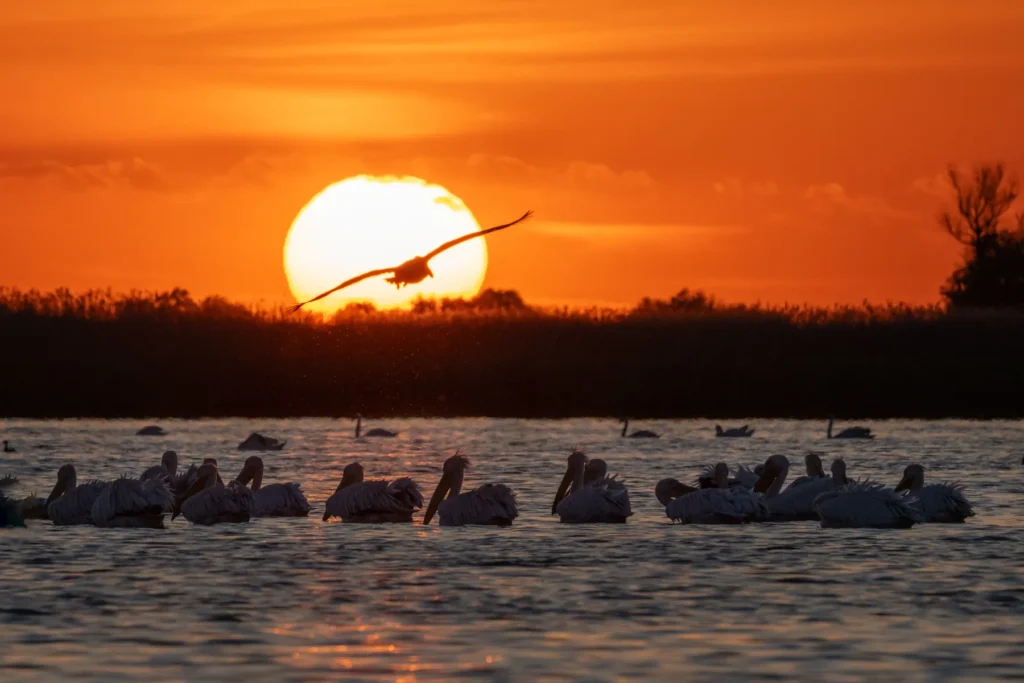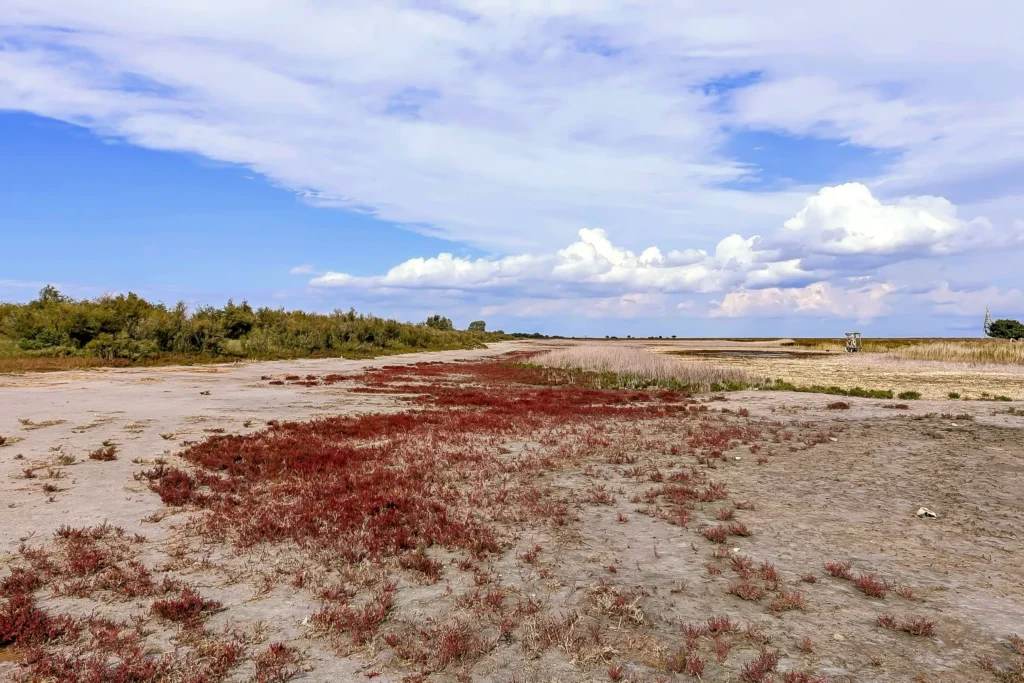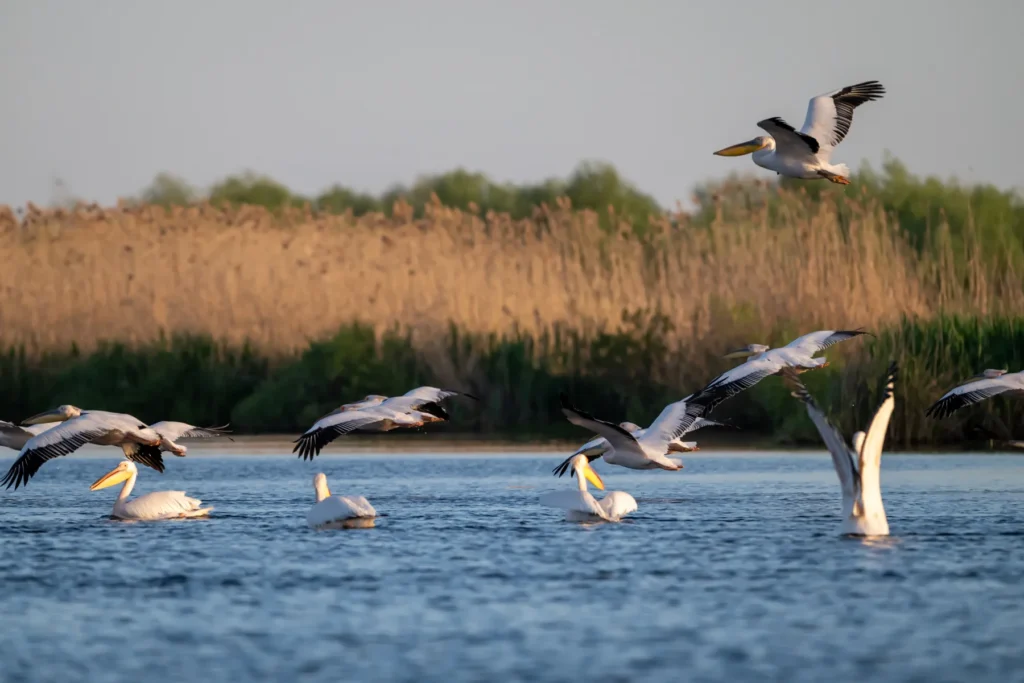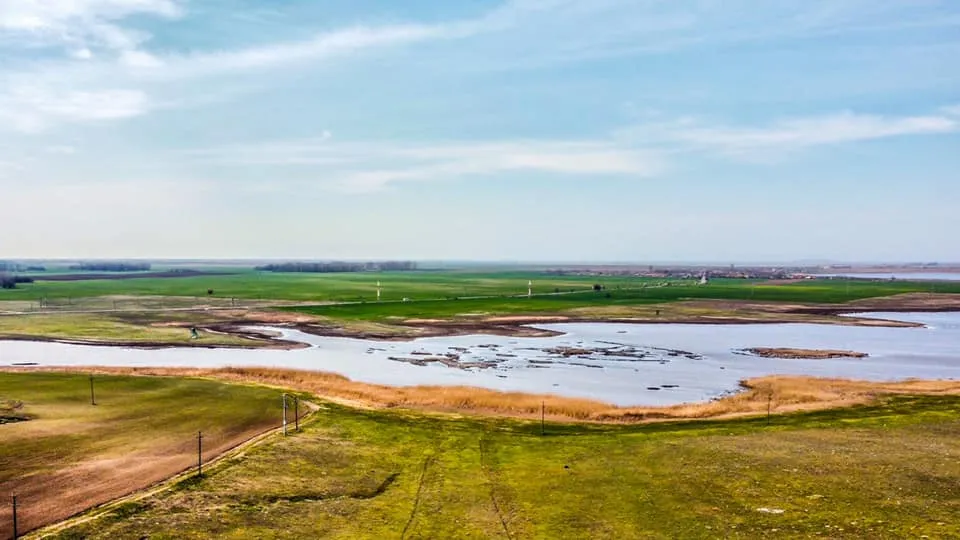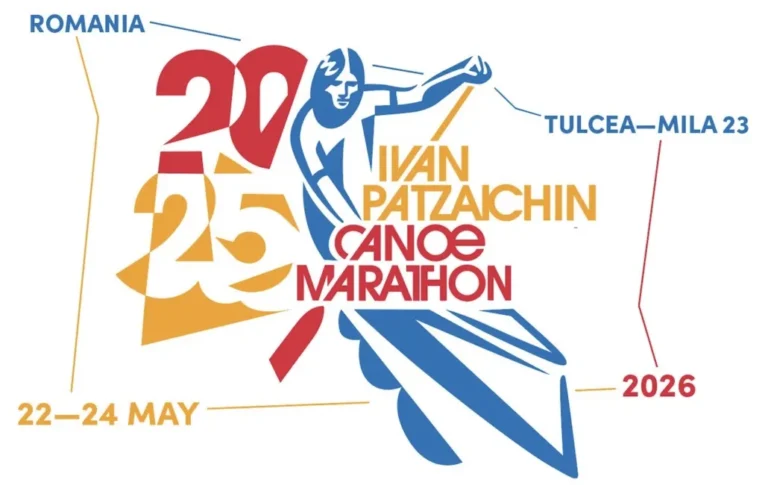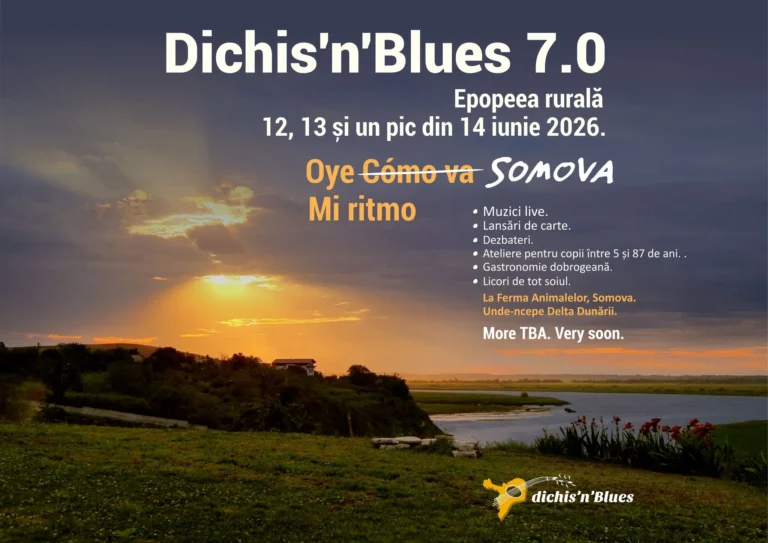22 May 2026
Vătafu - Lunguleț, a strictly protected area in the Danube Delta
Vătafu - Lunguleț - Danube Delta
Contextualising the Vătafu-Lunguleț Complex in the Danube Delta Ecosystem
The Vătafu-Lunguleț complex is a vital component of the Danube Delta Biosphere Reserve (DDBBR), a UNESCO world-recognised site and a wetland of international importance under the RAMSAR Convention. Its ecological health is inextricably linked to that of the entire Delta ecosystem. Due to its remarkable biodiversity and its role as a breeding area and a "reservoir" of species, the area fully justifies its integral protection regime. The report is addressed to experts, decision-makers and investors, providing valuable insights for the development of proactive conservation strategies.
Legal and Administrative Framework
The Vătafu-Lunguleț Complex is a protected area of national interest with a legal status clearly defined by national legislation and international conventions. Its establishment as a protected area took place in 1991 and its status was formalised and confirmed by Law No. 5 of 6 March 2000, which approved the National Spatial Plan - Section III - Protected Areas. Subsequently, the complex was categorised as an IUCN (International Union for Conservation of Nature) category Ia, defined as a strict avifaunal nature reserve. This level of protection is the most stringent, prohibiting all human activity except scientific research.
The international recognition of its exceptional value is reinforced by the inclusion of the Vătafu-Lunguleț complex in the Natura 2000 European ecological network as a Site of Community Importance. This legal stratification, from national to European and international level, emphasises the undisputed ecological value of the area and provides a robust legal framework for the implementation of conservation measures. Each piece of legislation adds a new layer of legitimacy to the restrictions imposed, providing the necessary resources and monitoring mechanisms for its protection.
Management and law enforcement in this area are the responsibility of the Administration of the Danube Delta Biosphere Reserve (ARBDD), a public institution with legal personality subordinated to the Ministry of Environment. ARBDD collaborates with other institutions, such as the Border Police, in control and surveillance actions to combat poaching and other illegal activities. This co-operation has proved effective in catching poachers and confiscating illegal fishing gear, such as monofilament gill nets and electric batteries, which directly undermine the "reservoir" function of the complex.
Geographical Characteristics and Ecological Role of the Reserve
The Vătafu-Lunguleț Complex is located in Tulcea County, on the administrative territory of Sulina, in the central-eastern part of the Danube Delta. It covers an area of 1,625 hectares and is part of the Roșu-Puiu lake complex.
The topographic diversity of the area is a defining feature, including sandstones, depressions, halophytic grasslands, and floating and fixed plains formations. This complexity of habitats creates a 'natural laboratory' for a variety of biocenoses adapted to euryhaline conditions and a dynamic environment.
The fundamental biological role of the complex is to act as an ecological "reservoir" and sanctuary for various species of fauna and flora. In terms of ichthyofauna, the area is recognised as a vital spawning and feeding ground for fish, in particular for native species such as the octopus (Carassius carassius) and flax (Tin Tin TinThe isolation of the lakes within the complex, similar to that of Lake Nebunu, ensures optimal conditions for fish growth and reproduction, protecting them from external pressures.
From the avifaunistic point of view, Vătafu-Lunguleț is an essential nesting habitat for numerous species of birds, having the status of a strict avifaunistic nature reserve. It is home to important colonies of the dwarf heron (
Ixobrychus minutus) and little cormorant (Phalacrocorax pygmeus) , along with other ardeid and anseriform species. The presence of these species emphasises the crucial role of the complex in maintaining the ecological balance of the Delta.
A particularly important aspect is the presence of carnivorous aquatic plants Aldrovanda vesiculosa, a globally critically endangered species. Included on the reserve's priority species list, this plant is extremely vulnerable to fluctuating water levels, pollution and human intervention. Its existence in the Vătafu-Lunguleț complex serves as a bio-indicator of ecosystem health. Degradation of its habitat would signal wider problems in the food web. Protecting this species should therefore be a prioritised management objective. Maintaining water quality and a low level of disturbance is essential to allow this complex ecological cycle to function undisturbed.
Anthropogenic Pressures and Threats to the Reserve's Address
Despite its fully protected status, the Vătafu-Lunguleț Complex faces multiple anthropogenic threats. One of the most significant is fish poaching. Control actions by the authorities have uncovered concrete cases of illegal fishermen transporting massive quantities of fish, such as 42 kilos of pike, and using prohibited gear, including monofilament gill nets and electric batteries. The existence of these activities directly undermines the "reservoir" role of the complex and jeopardises efforts to conserve fish.
Besides poaching, uncontrolled tourism is a major threat. Although entry to the area is strictly prohibited, reports indicate that tourists, sometimes guided by local operators, enter the reserve perimeter. The lack of fences or clear physical signposting contributes to this situation, turning tourism that should be managed into an environmental disturbance. Motorised boating within sensitive areas generates noise pollution and disturbance , which disturbs wildlife, especially breeding bird and fish species.
The extended systemic threat analysis shows that Vătafu-Lunguleț is not immune to pressures outside its perimeter. Although there are no specific pollution data for this complex, water quality reports from Lake Nebunu, located in the same functional area, have shown a 'poor' ecological status in previous years, with the Class V threshold being reached due to high nitrite concentrations. This shows that, being part of an interconnected hydrological system, the Vătafu-Lunguleț complex is vulnerable to pollution from upstream, from agricultural activities or from wastewater mismanagement, as observed in other areas of the Delta.
Conservation Measures and Strategic Recommendations
Effective management of the Vătafu-Lunguleț Complex requires a strategic approach, combining strict regulations with proactive enforcement and education. Under its statute, entry into the integral protection zone is strictly prohibited and economic activities are excluded, except for research and monitoring. The general regulations of the ARBDD also stipulate conditions and permits for other activities in the RBDD, such as slow tourism or sport fishing in the permitted areas, including in adjacent canals.
To ensure a sustainable future, the following policy recommendations are needed:
- Rigorous Enforcement: Stepping up patrols and equipping enforcement officers with high-performance equipment are essential to deter poaching and unauthorised tourism. Legal bans are ineffective without firm enforcement.
- Delimitation and Signposting: The installation of visible physical signs clearly warning tourists and tour operators of the 'strict no-go area' status. Even minimal physical perimeter marking can prevent accidental or intentional trespass.
- Ecotourism Dirijat: The creation of an official navigable tourist route around the reserve, allowing remote viewing, with clearly designated vantage points. This type of tourism should use only non-motorised or electric-powered boats to minimise noise pollution and impact on habitats. An approach that adapts management to the reality of managed tourism can control visitor flows and turn tourism into a conservation ally.
Final Conclusions and Vision for the Future
The Vătafu-Lunguleț complex represents a vital centre of biodiversity, with a key role for ichthyofauna, avifauna and endemic species. Its strict nature reserve status, supported by a layered legal framework, reflects its exceptional ecological value. However, the area faces multiple and complex threats, from poaching and uncontrolled tourism to systemic pollution from outside its perimeter. These challenges demonstrate that a legal ban is not enough without a proactive and integrated management strategy.
The future of the Vătafu-Lunguleț Complex depends on a joint and coordinated effort by all stakeholders-authorities, local communities and visitors-to ensure that this natural sanctuary remains a symbol of sustainable conservation. Implementing the strategic recommendations, which are based on a deep understanding of ecological interdependencies and anthropogenic dynamics, can turn these challenges into opportunities, protecting one of the most valuable areas of the Danube Delta in the long term.
Events in the Danube Delta
Accommodation to suit all tastes:
Whether you prefer the cosiness of modern villas, the rustic atmosphere of traditional guesthouses or the adventure of camping, they offer a variety of accommodation options to suit your needs and budget.
